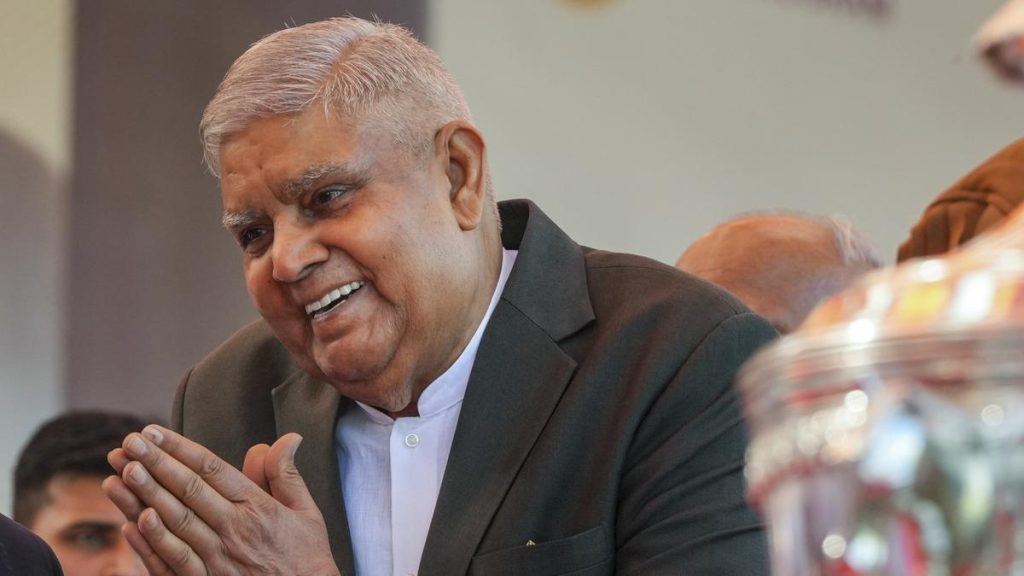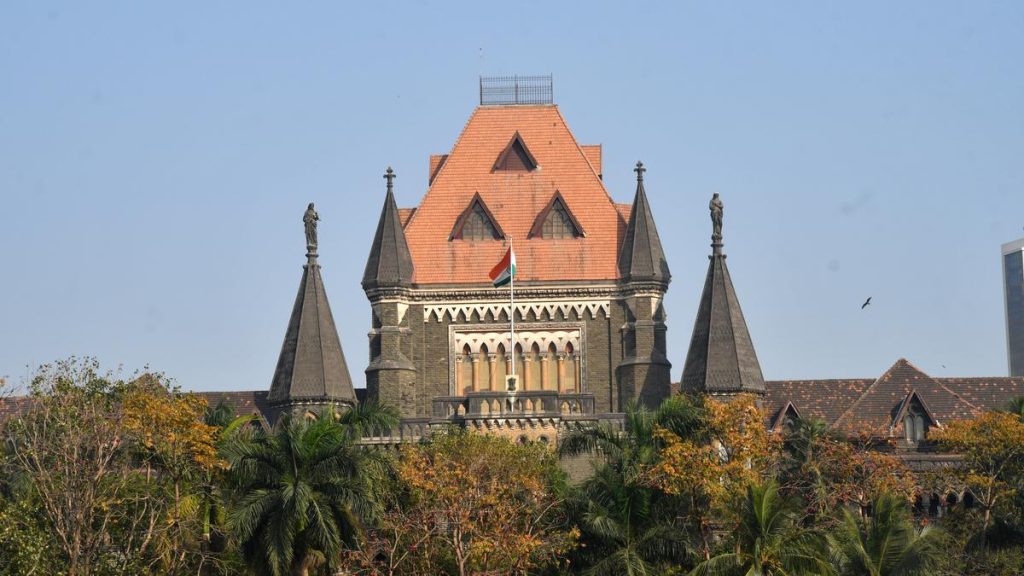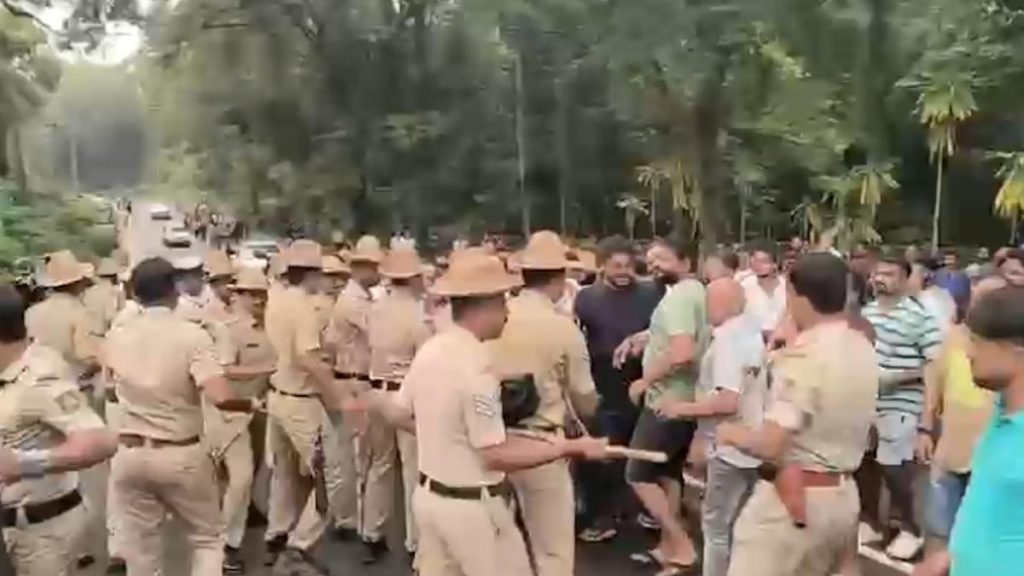Now Reading: Chhattisgarh High Court Acquits Man of Murder Citing ‘Legal Insanity
-
01
Chhattisgarh High Court Acquits Man of Murder Citing ‘Legal Insanity
Chhattisgarh High Court Acquits Man of Murder Citing ‘Legal Insanity

Swift Summary
- The Chhattisgarh high Court acquitted 25-year-old Mahesh Verma of charges for murdering his father and grandmother, overturning the life sentence issued by a Sessions court in february 2024.
- The HC ruled that Mahesh was legally insane at the time of the act, emphasizing that legal insanity (defined under Section 84 IPC) differs from medical insanity.
- During the incident in April 2021:
– Mahesh, locked in his room due to mental instability, asked his mother for water late at night.
– His behavior escalated when he claimed to be “Hanuman ji” and attacked his father and grandmother fatally after being unlocked.
– His family had previously reported concerns about his mental state following a head injury during the Covid lockdown, supported by treatment records from Raipur Mental Hospital.
- Key failings noted by HC:
– Investigating officer did not obtain psychiatric treatment documents or assess mental status relevant to Section 84 IPC during trial proceedings.
– Mere reliance on an inquiry report under section 328 CrPC was insufficient to address legal questions about insanity at the time of offense.
Indian Opinion Analysis
The pivotal decision by Chhattisgarh High Court underscores complexities surrounding cases involving mental health within India’s judicial system. While ensuring justice through recognition of legal insanity is significant for safeguarding mentally ill individuals’ rights under Section 84 IPC-where they are not held culpable if deemed incapable of understanding their actions-it reveals procedural gaps that need addressing. For instance, investigative diligence regarding psychiatric evaluations may be imperative for fairer trials.
additionally, this case emphasizes distinctions between ‘medical’ and ‘legal’ definitions of insanity as applied in criminal law. India’s broader socio-legal ecosystem must consider bridging healthcare access gaps for those with severe disorders while advancing nuanced assessments during investigations.
This ruling could set crucial precedent in similar cases where mental health is an influencing factor-pressing stakeholders like police personnel or judiciary institutions towards greater accountability and appropriate evidence collection mechanisms in such sensitive matters.
Read more: Source

























